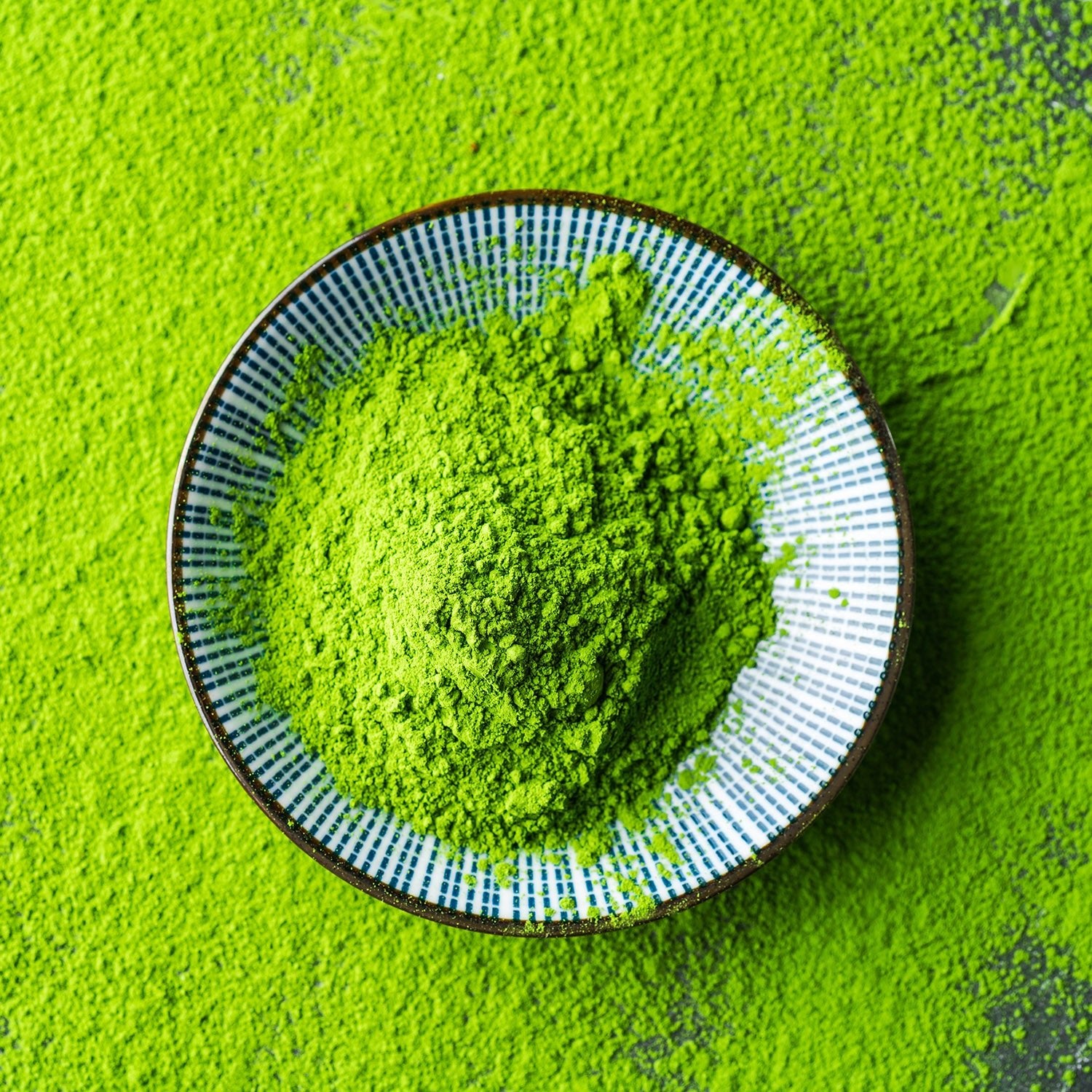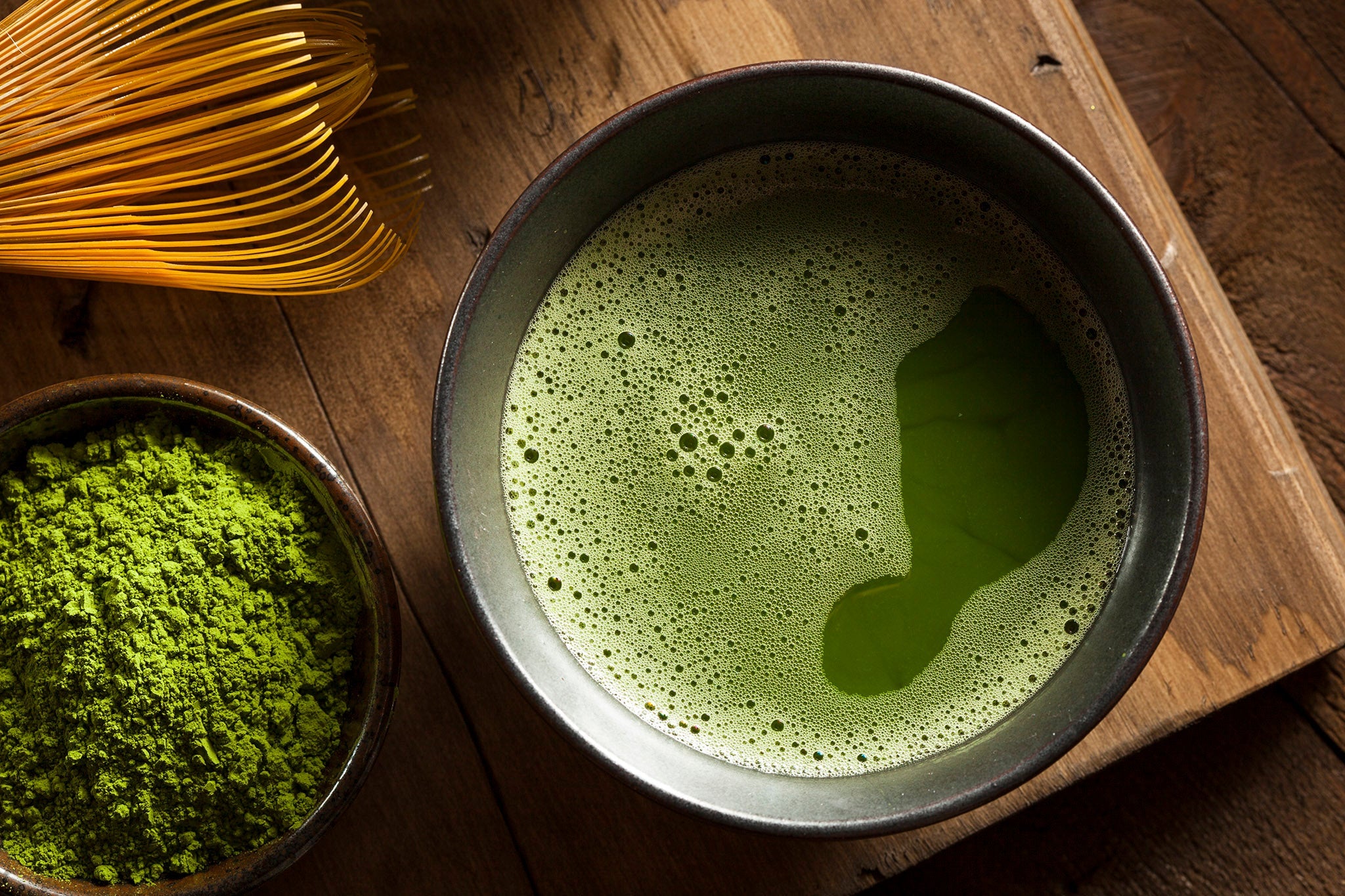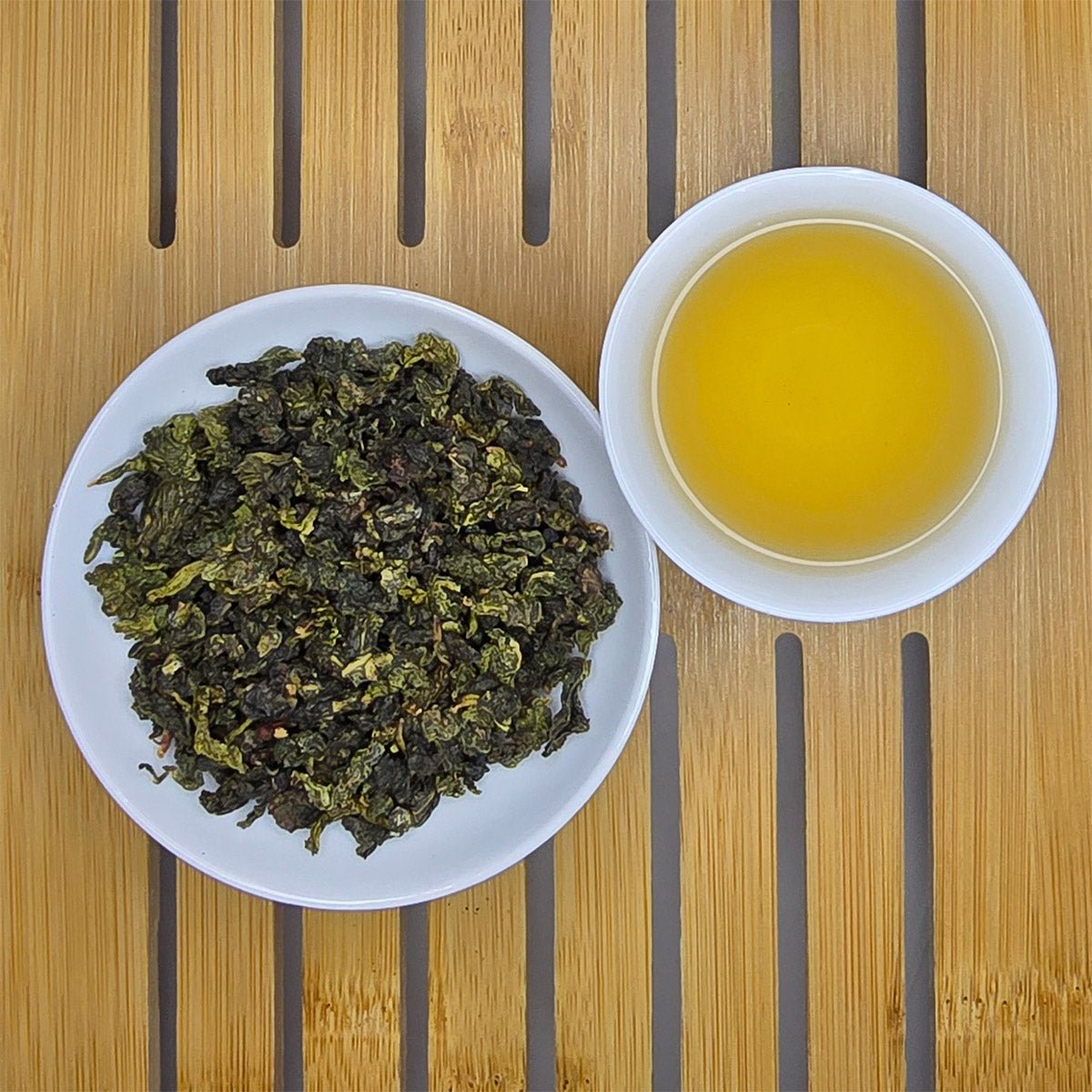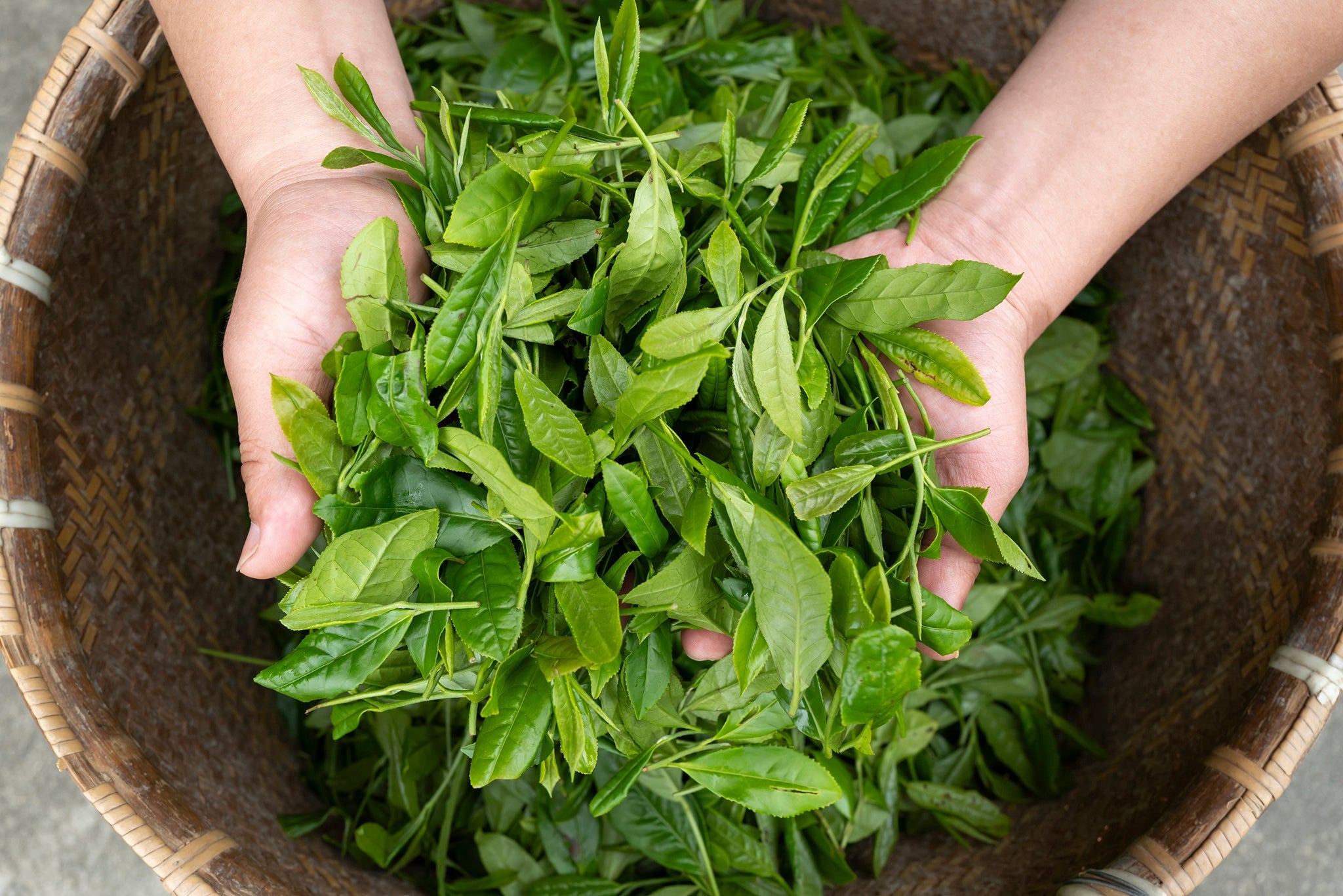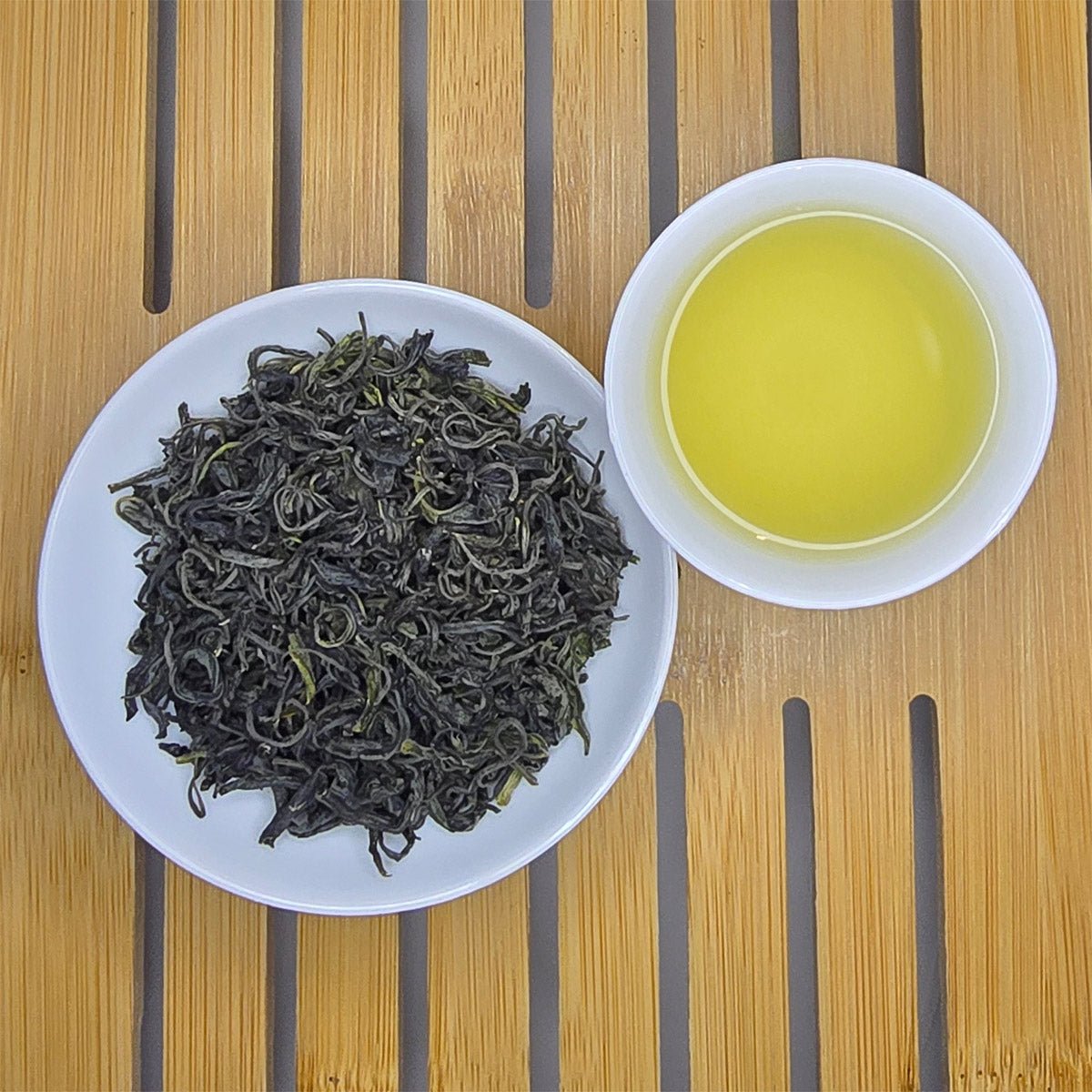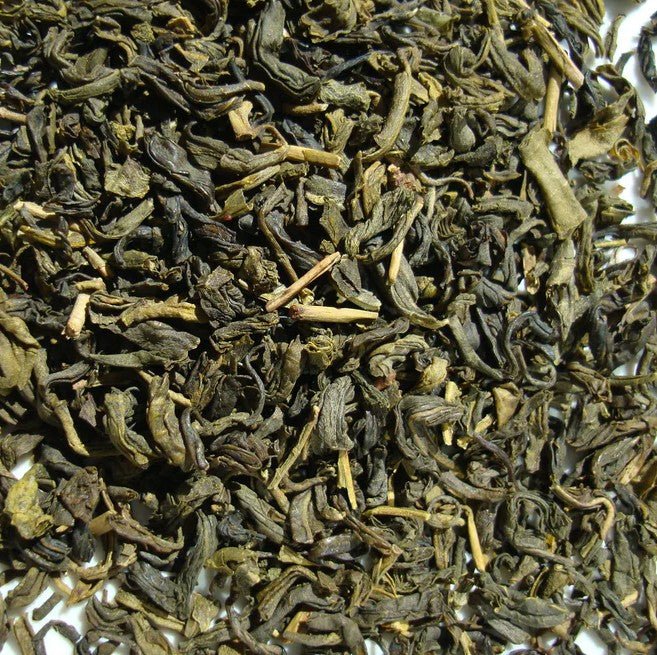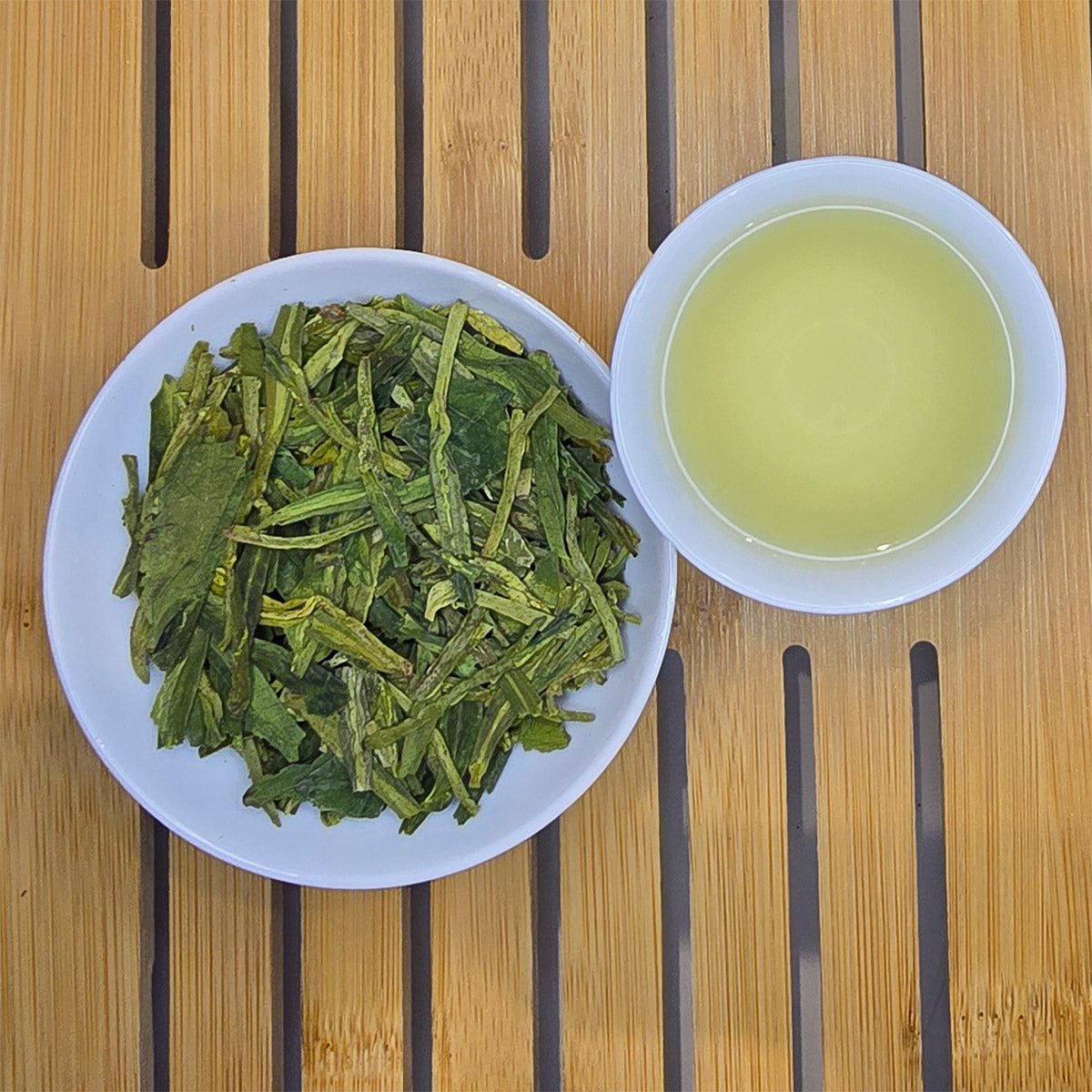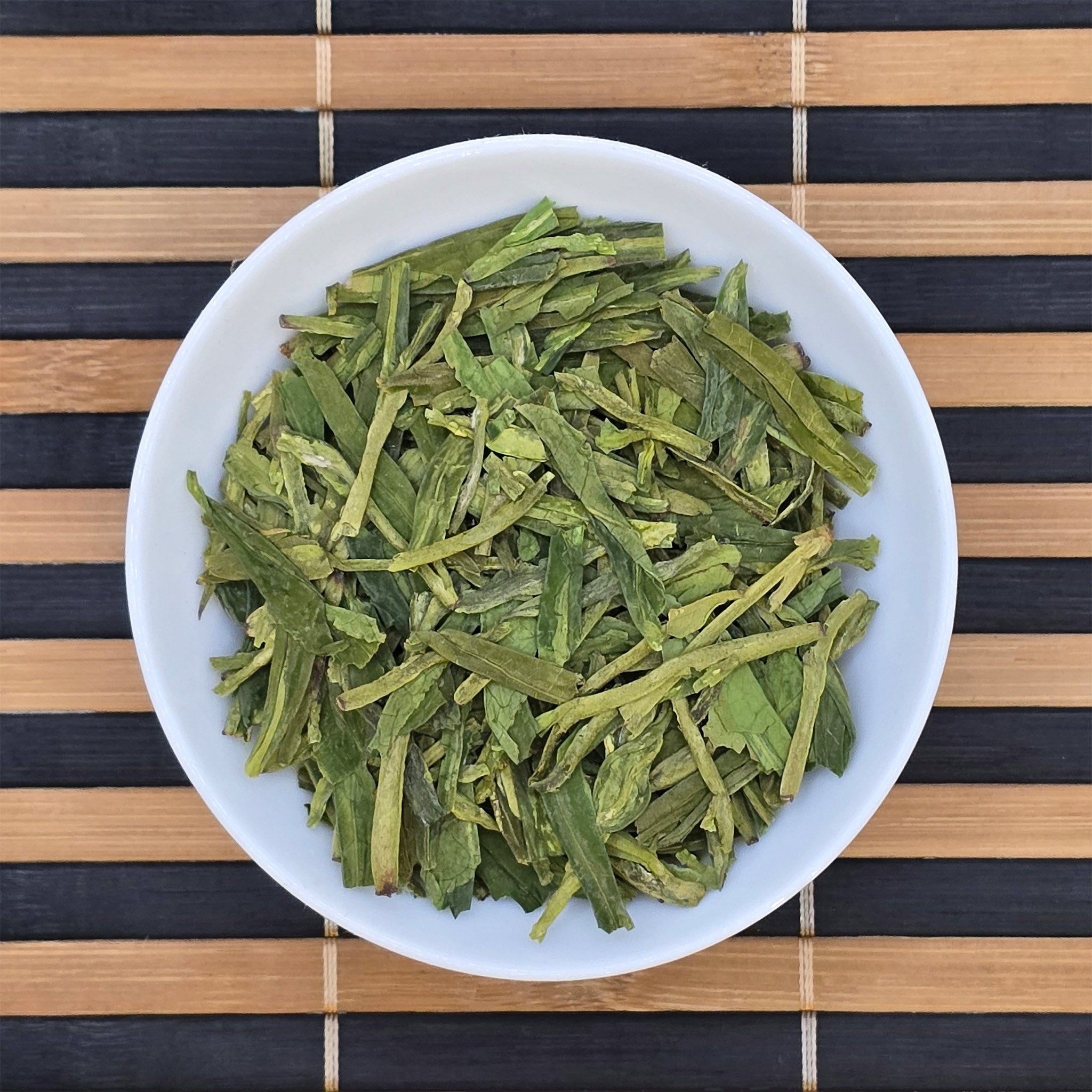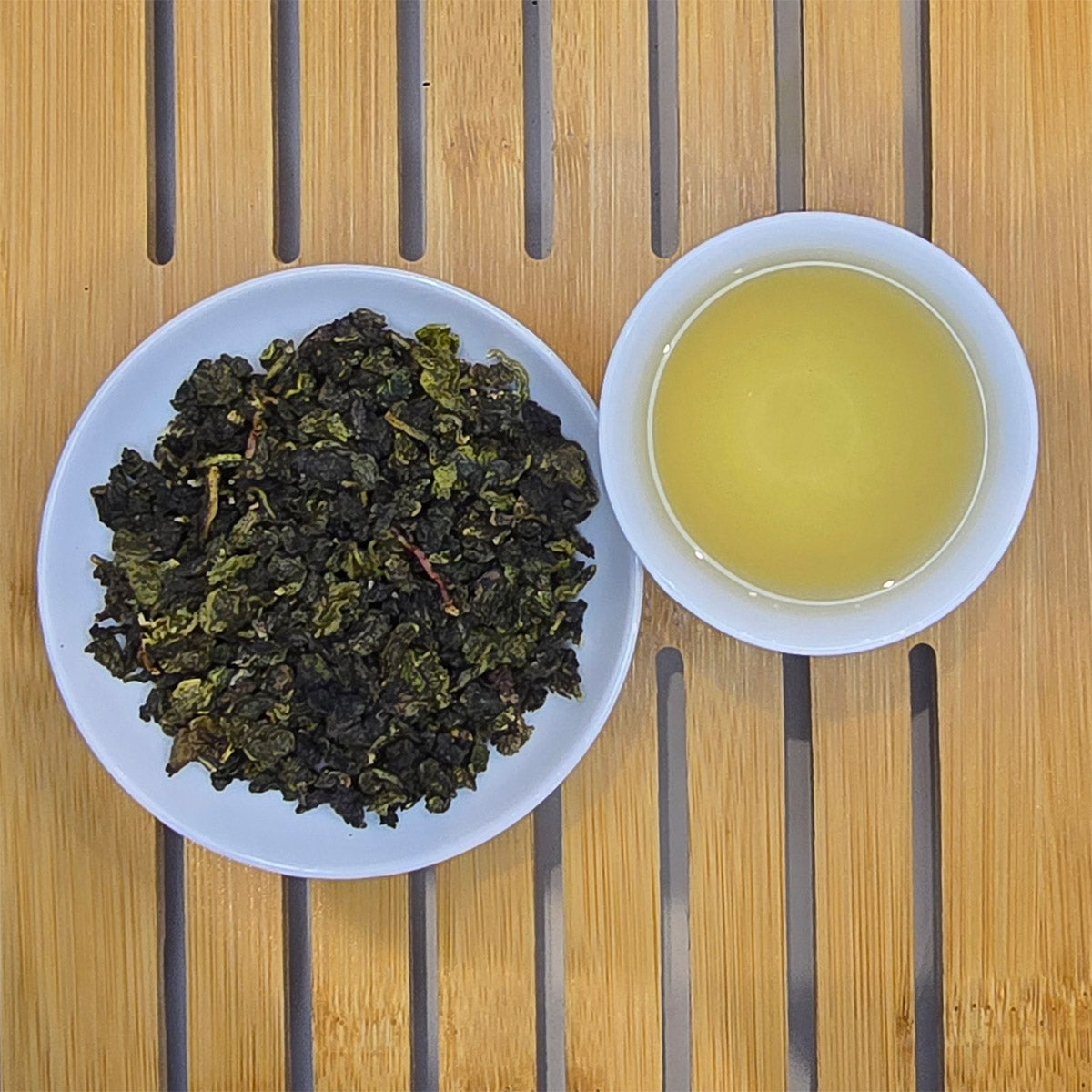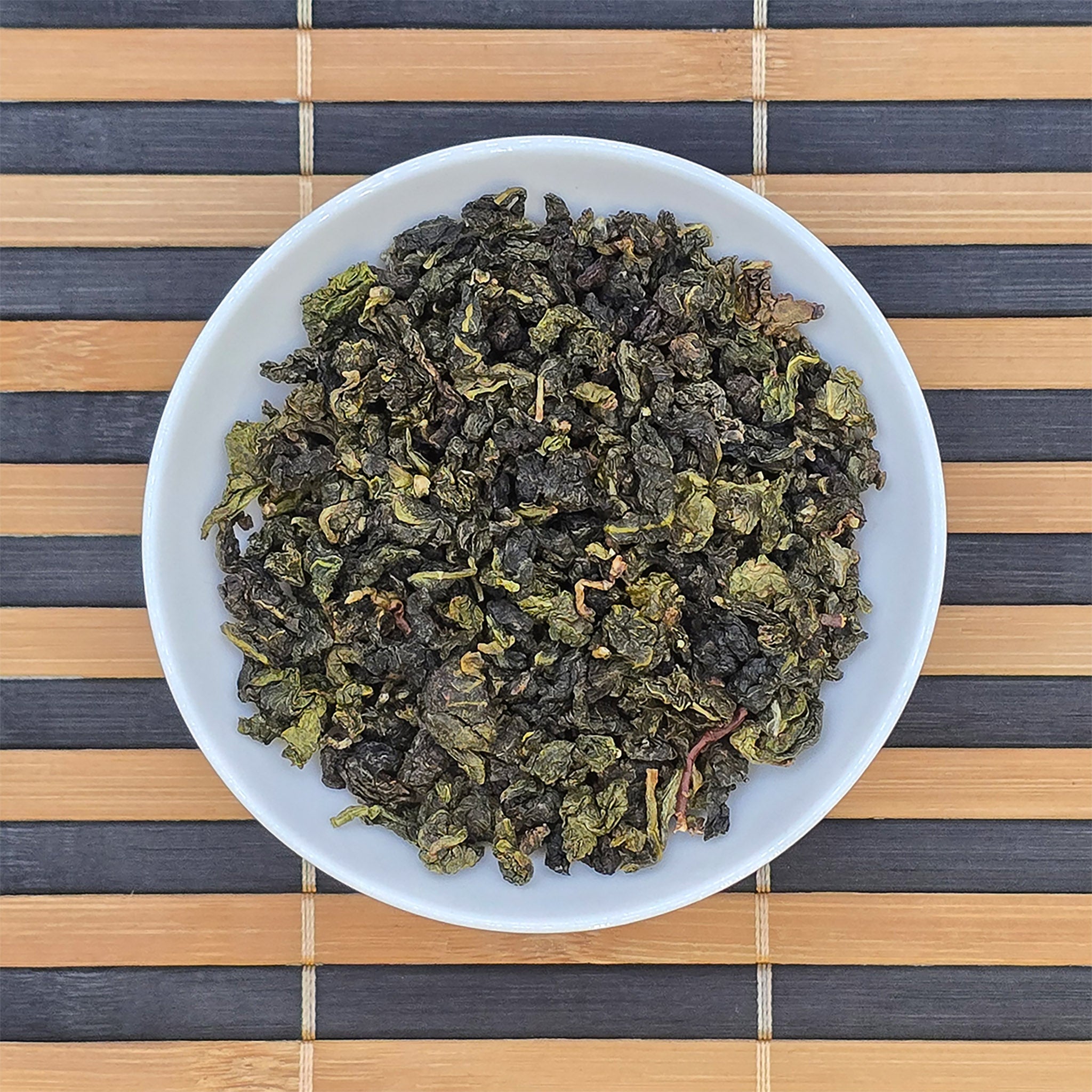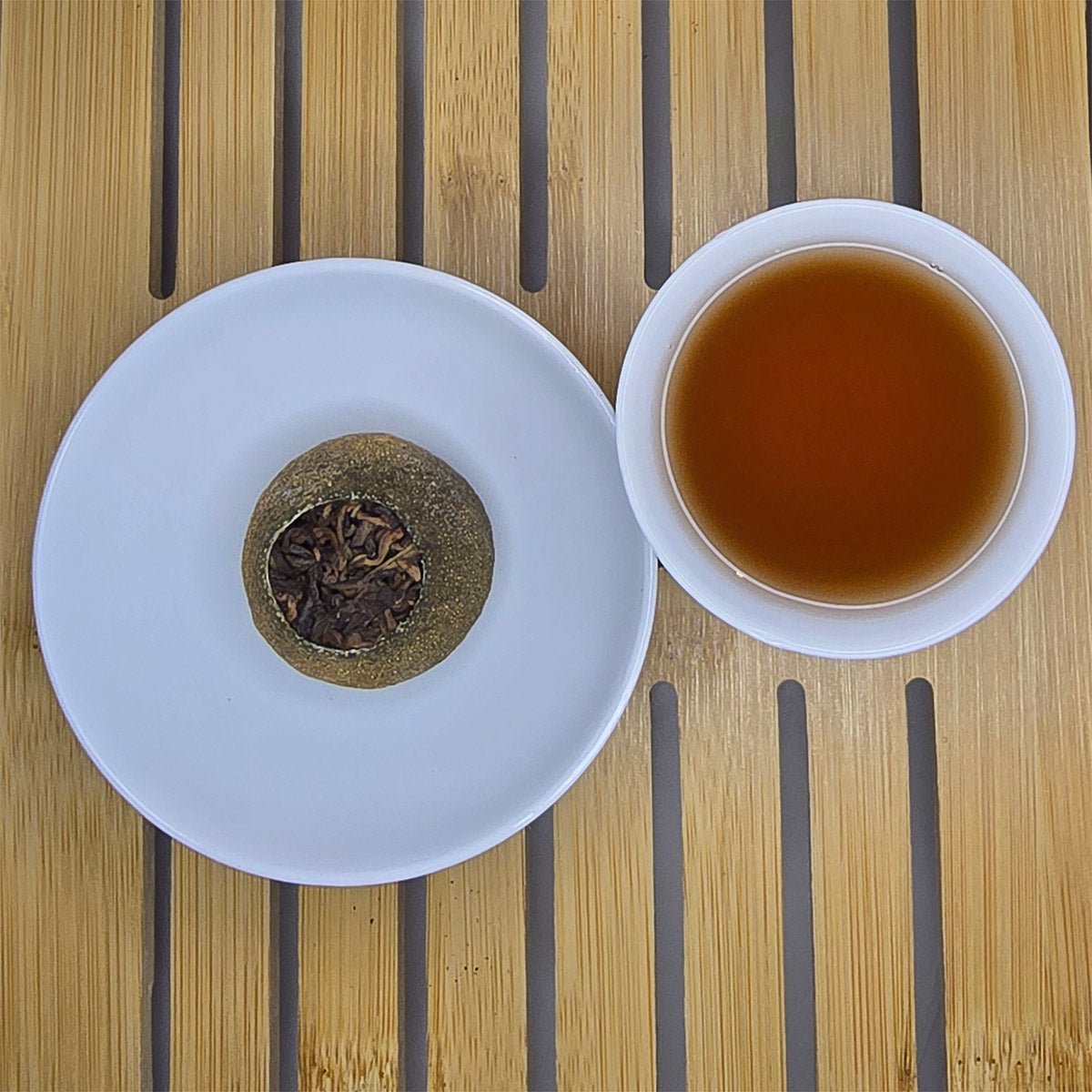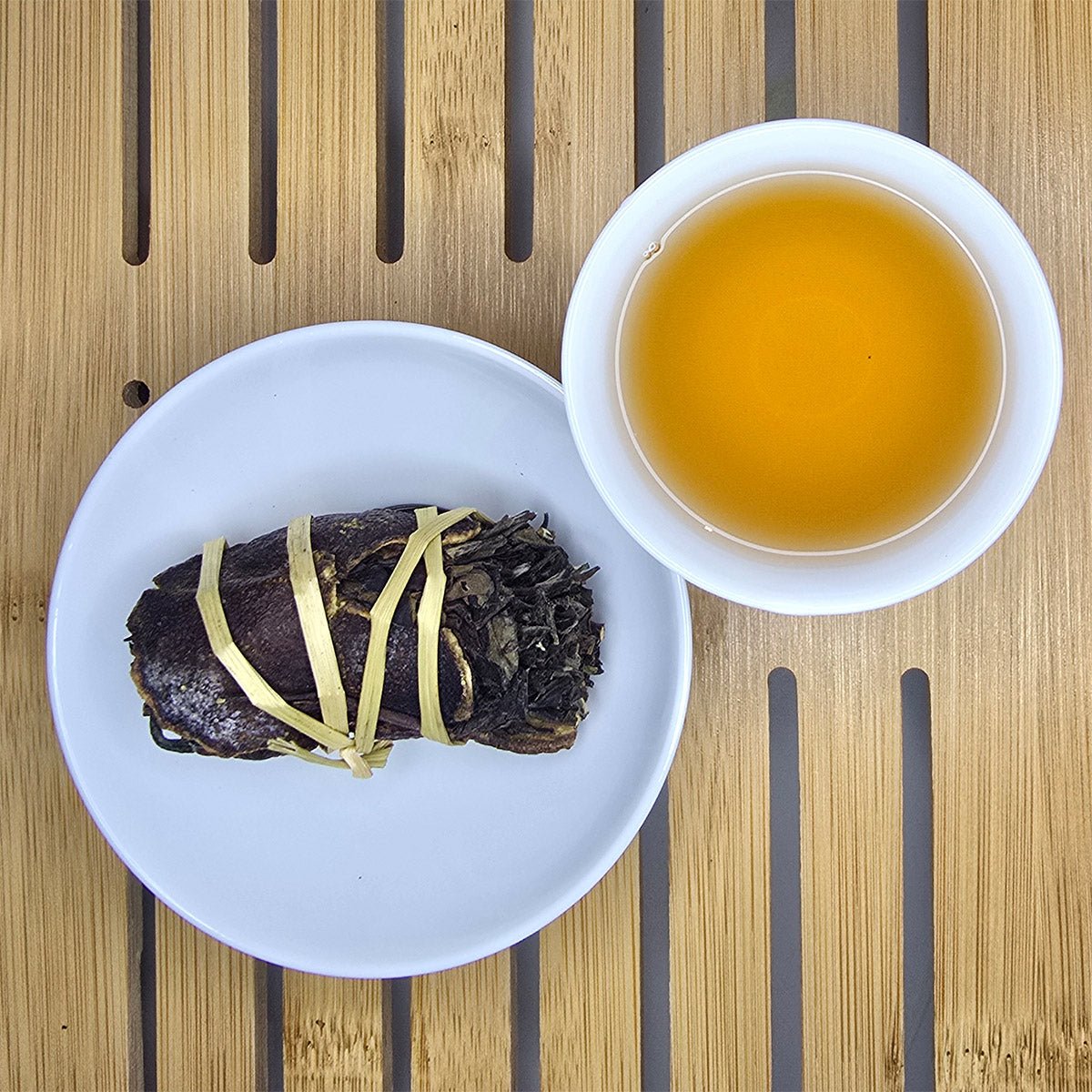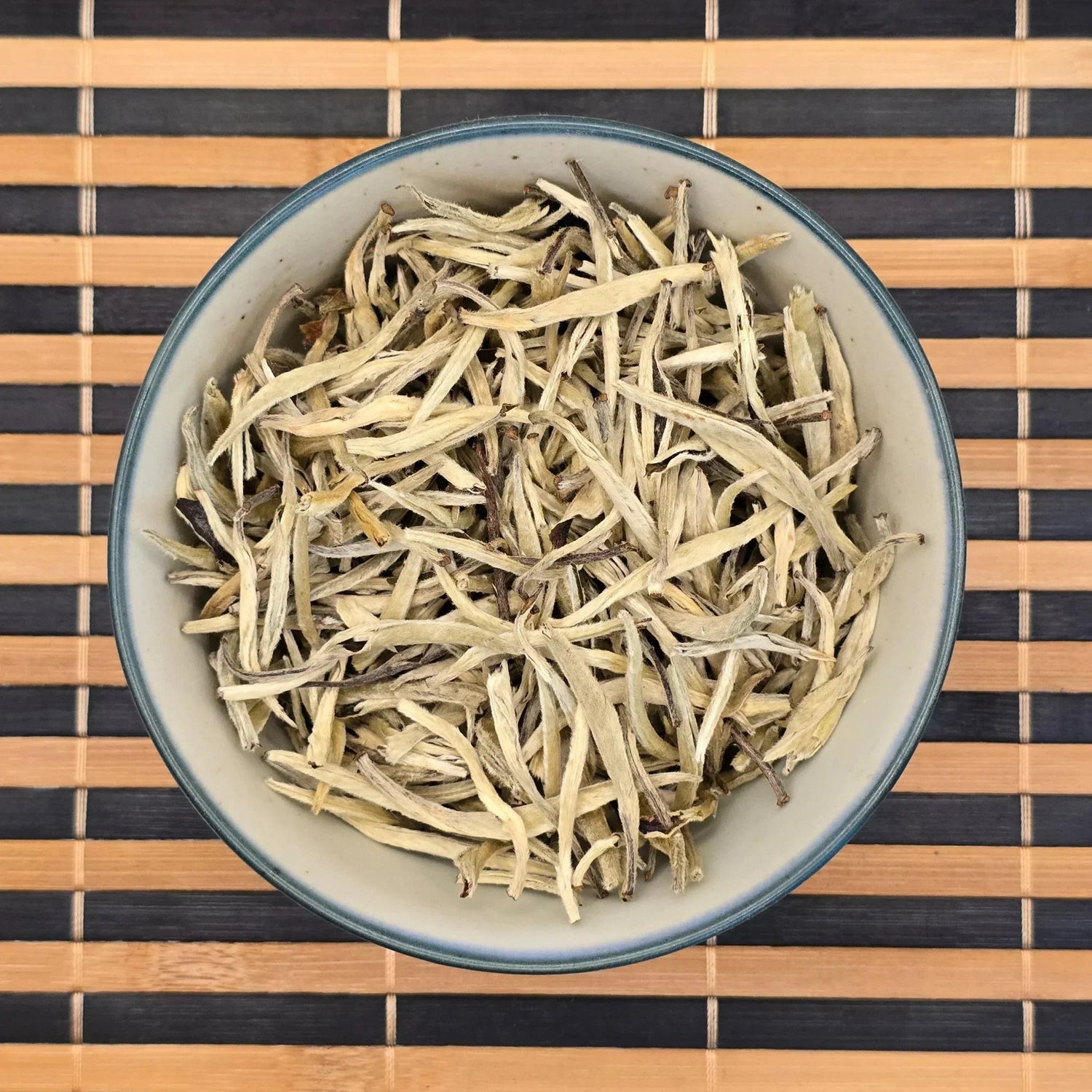What is the Worst Time to Drink Green Tea? A Complete Guide
Green tea is one of the most celebrated beverages in the world, admired for its delicate flavour and acclaimed health benefits. In Britain, it has steadily grown in popularity as people seek alternatives to traditional black teas and coffee, particularly among those focused on wellbeing and balanced lifestyles. Green tea is lauded for its antioxidants, mild caffeine content, and potential role in supporting metabolism and heart health. However, while green tea is generally considered beneficial, drinking it at the wrong time can diminish its advantages or even lead to discomfort.

This article explores in depth the worst times to drink green tea, why timing matters, and how to ensure you enjoy its benefits without unwanted side effects. We will also examine who should exercise caution, how green tea interacts with meals and medication, and practical tips for including it harmoniously in your daily routine.
Why Timing Matters When Drinking Green Tea
Green tea contains several key compounds that can interact with your body in specific ways depending on when it is consumed. These include:
- Caffeine: Though less than coffee, green tea still provides around 20–45 mg per cup. Caffeine can enhance alertness but may interfere with sleep or irritate sensitive stomachs if taken at inappropriate times.
- Catechins (antioxidants): Compounds like EGCG (epigallocatechin gallate) are praised for their antioxidant properties. However, catechins can bind to iron and other minerals, potentially reducing absorption if consumed alongside meals.
- Tannins: These contribute to bitterness and can cause nausea or stomach irritation when drunk on an empty stomach.
Understanding these components highlights why green tea should not simply be consumed at random times. The benefits can be maximised and the drawbacks minimised by drinking it at strategic moments.
The Worst Times to Drink Green Tea
1. First Thing in the Morning on an Empty Stomach
Many people start their day with a hot beverage, but green tea is not ideal on an empty stomach. The tannins present can increase stomach acid levels, leading to discomfort such as nausea, acid reflux, or a feeling of queasiness. In some individuals, it may also cause mild headaches or jitteriness due to caffeine absorption being more rapid when no food is present.
Why it is a bad time:
- Increased stomach acidity and potential irritation
- Higher likelihood of feeling light-headed or anxious from caffeine
- Reduced absorption of antioxidants due to lack of food as a buffer
Better alternative: Have green tea mid-morning or after breakfast once your stomach has some food in it. This will mitigate irritation and still provide a gentle energy boost.
2. Immediately Before Bedtime
Green tea contains caffeine, albeit less than coffee or black tea. Even small amounts can disrupt sleep in sensitive individuals. Drinking green tea too close to bedtime may cause difficulty falling asleep or fragmented rest.
Why it is a bad time:
- Caffeine can delay the onset of sleep
- Potential for increased nighttime urination due to its mild diuretic effect
- Sleep quality may be impacted even if you manage to fall asleep
Better alternative: Choose caffeine-free herbal teas, such as chamomile or rooibos, in the evening. If you wish to enjoy green tea later in the day, aim for at least three to four hours before bedtime.
3. During or Immediately After Meals
One of the most common misconceptions about green tea is that it should be paired with meals for digestion. While green tea may feel refreshing alongside food, it can actually inhibit the absorption of key minerals, particularly non-haem iron found in plant-based foods. This is due to the catechins binding to iron and other trace minerals, making them harder for the body to absorb.
Why it is a bad time:
- Reduced absorption of iron, calcium, and magnesium
- Particularly problematic for individuals with anaemia or low iron stores
- Can slightly impair protein absorption if consumed excessively with meals
Better alternative: Drink green tea at least 30–45 minutes before or after meals to avoid interfering with nutrient absorption.
4. When Taking Certain Medications
Green tea can interact with various medications, making timing crucial. For example, the caffeine content can amplify or counteract the effects of some drugs, while catechins may influence how the body metabolises certain medications, particularly those affecting blood pressure or blood clotting.
Why is it a bad time?
- May reduce the effectiveness of beta-blockers and certain heart medications
- Can increase the risk of side effects with stimulants or antidepressants
- Interferes with iron supplements if consumed too close together
Better alternative: Consult with a healthcare professional if you are on regular medication. In many cases, spacing green tea at least two hours away from medication is recommended.
5. When Dehydrated or After Intense Exercise
While green tea hydrates, it also acts as a mild diuretic. Drinking it when already dehydrated, such as after strenuous physical activity, may not be ideal. At these times, your body benefits more from plain water or electrolyte-rich drinks before introducing caffeinated beverages.
Why is it a bad time?
- Caffeine may exacerbate dehydration if fluids are already low
- Can cause increased urination, leading to further fluid loss
- May feel harsh on the stomach after vigorous exercise
Better alternative: Rehydrate with water first, then enjoy green tea later as part of your recovery routine.
6. During Pregnancy or Breastfeeding (Without Careful Timing)
Pregnant and breastfeeding individuals should exercise caution with green tea due to its caffeine content and potential impact on folate absorption. High intake, especially at the wrong time, can increase the risk of complications or nutritional deficiencies.
Why is it a bad time?
- Excessive caffeine may affect foetal development
- Reduced folate absorption if taken near meals
- May interfere with sleep quality during pregnancy
Better alternative: Limit intake to 1–2 cups per day, drink away from meals, and consider caffeine-free alternatives if sensitivity is high.
Additional Considerations: Personal Sensitivity
Not everyone reacts to green tea in the same way. Individuals with caffeine sensitivity, acid reflux, irritable bowel syndrome, or anaemia should pay extra attention to timing. Observing how your body responds can help determine your own worst times to drink green tea.

Best Times to Enjoy Green Tea
Knowing when not to drink green tea naturally raises the question: when is the best time? For most people, the optimal windows are:
- Mid-morning: Around 10–11 am, after breakfast but before lunch. Provides energy without disturbing nutrient absorption.
- Mid-afternoon: Around 2–3 pm, offering a gentle lift without interfering with evening sleep.
- Between meals: At least 30–45 minutes after eating to avoid disrupting mineral absorption.
How to Minimise Negative Effects
If you love green tea and do not want to give it up entirely at certain times, consider these strategies to reduce its potential drawbacks:
- Opt for lower-caffeine varieties such as Japanese steamed green teas (sencha) or blends with roasted rice (genmaicha).
- Brew lightly by reducing steeping time or water temperature, which lessens bitterness and tannin content.
- Avoid excessive quantities; stick to 2–3 cups per day unless otherwise advised by a healthcare professional.
- Combine with snacks to cushion the stomach if you cannot avoid drinking on an empty stomach.
- Monitor your response to caffeine and adjust timing accordingly.
Green Tea Myths About Timing
There are several misconceptions around green tea consumption worth addressing:
- Myth: Green tea must be drunk first thing for weight loss. In reality, timing has little effect on metabolism benefits. Consistency matters more than drinking it at dawn.
- Myth: Drinking green tea with meals aids digestion. While soothing, it may hinder iron absorption rather than help digestion.
- Myth: Green tea can replace water entirely. Although hydrating, it should not be your sole fluid source due to caffeine content.
Nutritional and Health Implications
The benefits of green tea are widely studied, but they are conditional on balanced consumption. Excessive intake, particularly at the wrong times, may lead to side effects such as:
- Insomnia: Especially when consumed in the late evening
- Stomach discomfort: When drunk on an empty stomach
- Anaemia risk: With prolonged pairing alongside iron-rich meals
- Anxiety or jitteriness: In caffeine-sensitive individuals
Moderation and timing are therefore key to maximising its positive impact on heart health, weight management, and antioxidant support.
Green Tea Varieties and Timing
Different types of green tea vary in caffeine and catechin levels, which can influence the best timing for consumption:
- Matcha: Highest in caffeine due to powdered whole leaf format. Best enjoyed earlier in the day.
- Sencha: Moderate caffeine; suitable mid-morning or mid-afternoon.
- Hojicha: Roasted and lower in caffeine; can be consumed later in the day without major sleep disruption.
- Genmaicha: Mild in both flavour and caffeine, making it versatile and gentler on the stomach.
Understanding these differences can help tailor your green tea habits more effectively.
Practical Daily Routine Example
For those who enjoy multiple cups a day, here is a suggested schedule:
- 9:30 am: Cup of Sencha after breakfast
- 2:00 pm: Cup of Matcha for an afternoon boost
- 5:00 pm: Cup of Hojicha or genmaicha to relax without heavy caffeine
This approach avoids the worst times (such as empty stomach, bedtime, and mealtime) and helps balance energy levels.
Conclusion
Green tea remains a fantastic beverage choice for anyone seeking a healthy, flavourful alternative to black tea or coffee. Yet, as with any dietary habit, timing matters. Drinking green tea first thing in the morning, immediately before bed, or alongside meals can reduce its benefits and sometimes cause discomfort. Understanding when not to drink green tea is just as important as knowing when to drink it.
By enjoying green tea between meals, earlier in the day, and in moderation, you can make the most of its antioxidants, gentle caffeine boost, and refreshing flavour without unintended downsides. Listening to your body, considering personal health conditions, and choosing the right variety all contribute to a positive experience with this revered drink.
For more guidance on selecting premium green teas, brewing tips, and understanding their health benefits, visit our collections at Great Tea. Whether you are new to green tea or a seasoned enthusiast, thoughtful timing will ensure every cup supports your wellbeing.


